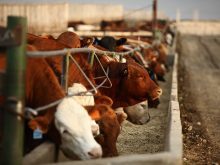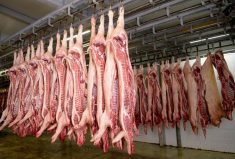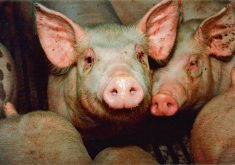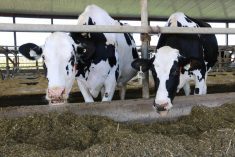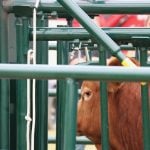A major beef exporting nation, Australia has never bought much Canadian beef, but its decision to allow beef from countries with “controlled risk” status for BSE may be symbolically important for Canada.
Australia’s agriculture and health ministries announced Tuesday that the country will “adjust” its food import policies for beef and beef products starting March 1, 2010.
The country first implemented “blanket measures” in 2001, when BSE (bovine spongiform encephalopathy) began appearing in Europe, to prohibit imports of beef products immediately from any country that had reported any case of BSE.
Read Also
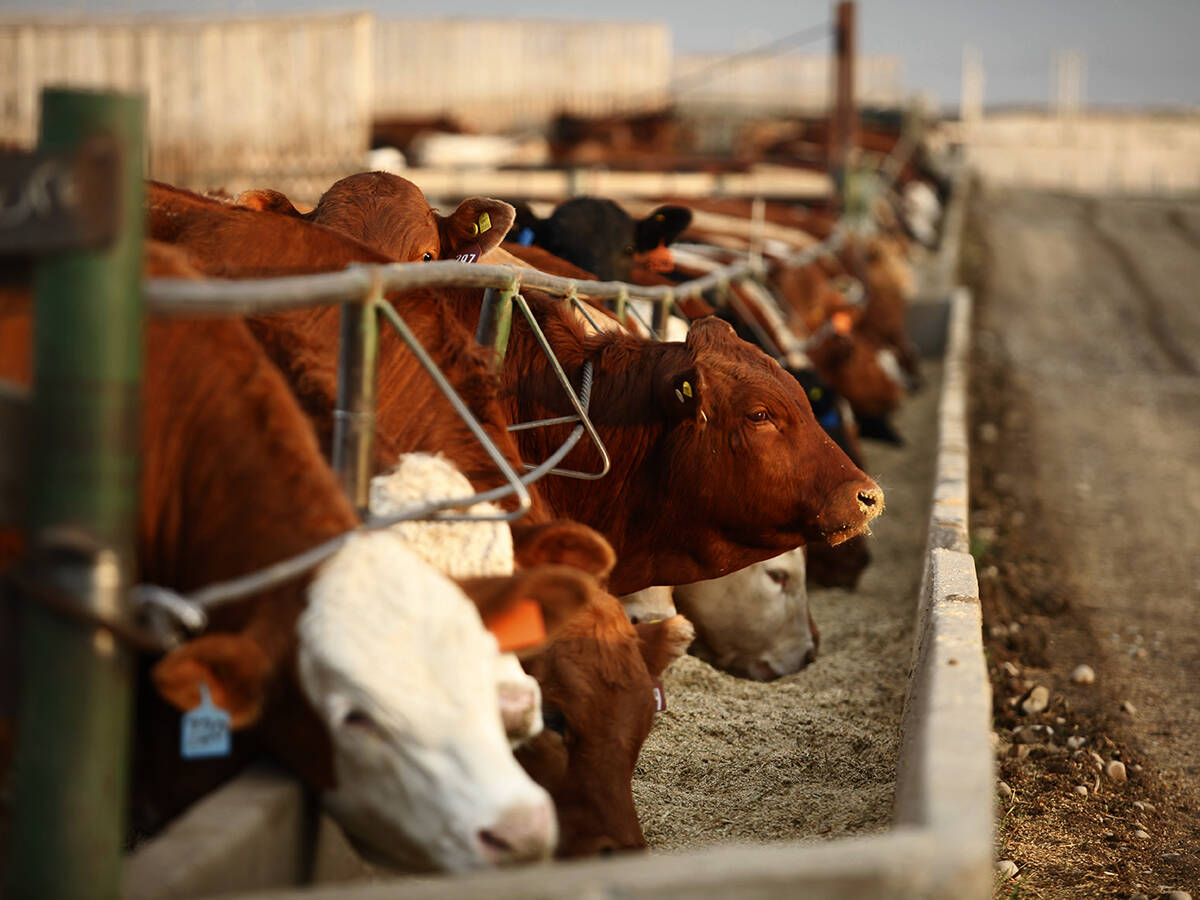
U.S. livestock: Cattle futures drop Friday
Cattle futures on the Chicago Mercantile Exchange fell from nearby highs Friday, with profit-taking to end the week weighing on…
Its measures have applied to Canadian beef imports since 2003, upon discovery of Canada’s first domestic case of BSE in an Alberta cow.
“Since then, there have been significant advances in knowledge and changes in practice in managing beef herds and food production,” Australian Ag Minister Tony Burke and Health Minister Nicola Roxon wrote Tuesday.
“The independent review of the scientific evidence, mentioned above, indicates that it is possible to import beef from countries that have reported cases of BSE and maintain a high level of protection for the Australian public, provided the appropriate risk management mechanisms are put in place.”
Countries that have had BSE in their herds but wish to export to Australia can do so under the new policy, but first must undergo “a rigorous risk assessment led by Food Standards Australia New Zealand to ensure they have robust systems in place to prevent the BSE agent from entering the human food chain,” the ministers wrote.
“The new import conditions will require exporting countries to prove they have acceptable controls in place, even if a particular country has not reported BSE, and demonstrate that those controls are implemented and monitored.”
John Masswohl, director of governmental and international relations for the Canadian Cattlemen’s Association, noted the move is important for Australia’s domestic beef industry.
“Until now, under our World Trade Organization obligations, if there were a case of BSE in any part of Australia the current policy would require all Australian beef to be removed from the shelves,” the Australian ministers observed.
“Strongly competitive”
And Australia’s beef producers have for some time known that they don’t want to feel the impact of their government’s policy if BSE were ever to turn up there, Masswohl said.
Ottawa would now have to formally request that Australia recognize Canada’s controlled-risk status for BSE as per the standards of the World Organization for Animal Health (OIE).
And from an export perspective, Australia was not a major customer for Canadian beef even before Canada found its first BSE-positive cow.
All that said, “we’ve felt it’s been very important for Australia to take this step” in terms of its symbolism for Canada’s other trading partners, Masswohl said.
Specifically, he said, if Australia recognizes controlled risk, “what does that say to the Koreas, the Japans and other countries we’ve been trying to get to change (their policies)?”
The Australian ministers noted that the policy change “will not affect Australia’s animal health status which is recognized by the (OIE) as being in the most favourable category of ‘negligible risk.’ It will not diminish our ability to export beef to the world.”
As well, they said, “given Australia’s strongly competitive position in domestic and export markets for beef, it is not anticipated that the new rules will lead to any significant increased level of beef imports into Australia.”
In fact, while countries that were already allowed to export beef products to Australia under the previous policy can continue to do so, those exporting countries will also be subject to risk assessments of their systems and have until June 30, 2011 to request an assessment.
Australian officials may also ask to conduct in-country audits before imports are allowed. Any country that doesn’t meet all the new requirements will not be able to export beef to Australia, the ministers said.



